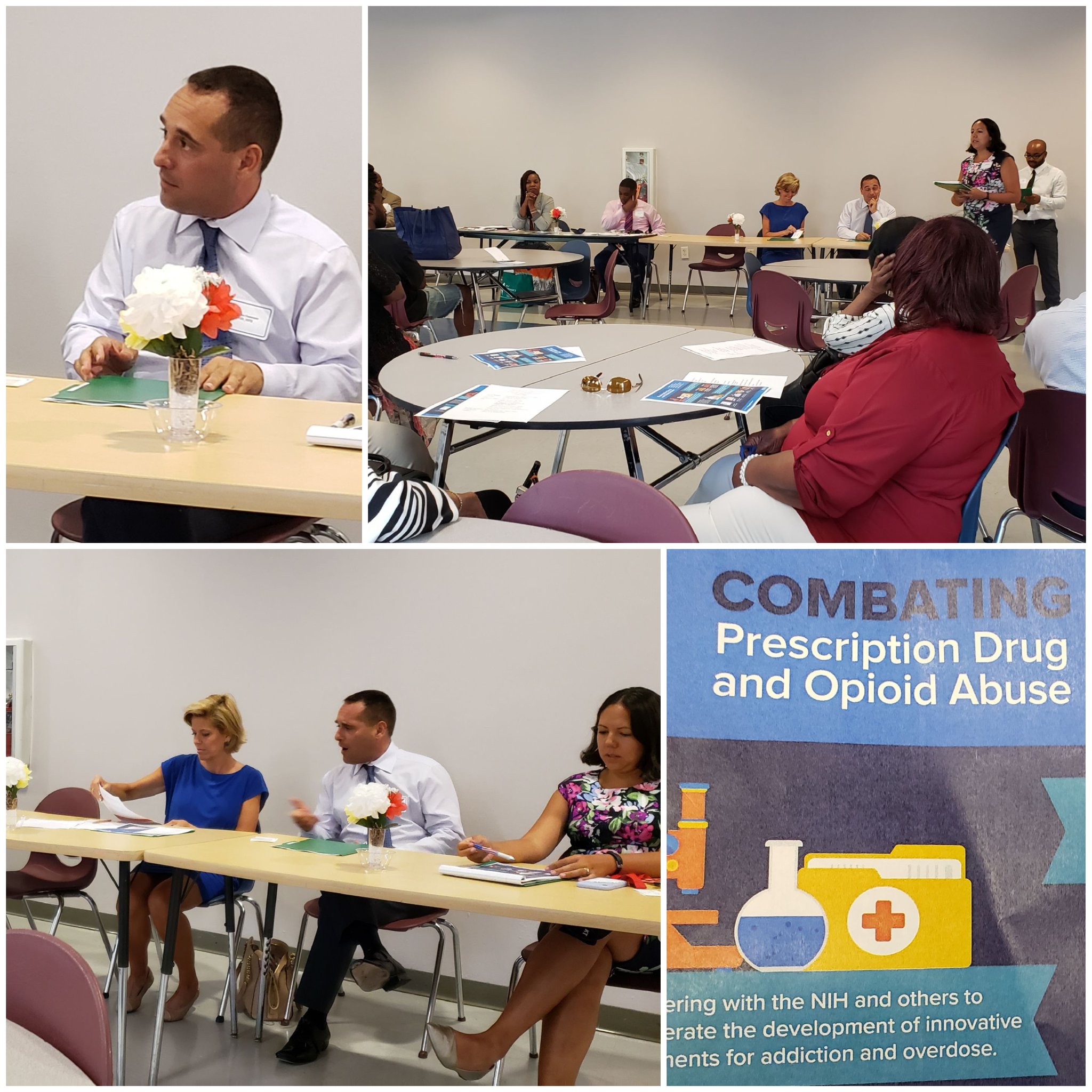Opioid Policies

Much like the rest of the United States, residents of the District of Columbia are struggling with substance use disorder (SUD) rate increases and high rates of opioid-related deaths. Unfortunately, these are multi-faceted issues that require year-long initiatives and systematic programs to address the myriad causes of addiction.
MSDC stands as a partner to the District government and private entities to help arrest the rates of opioid and substance abuse in the District. Through our advocacy for better prescribing practices, education on addiction, and even helping our own community through our Physician Health Program, MSDC is working to make DC a leader in reducing SUD, OUD, and addiction.
On a related note, MSDC is passionate about helping patients make prescriptions and medication more affordable. Whether expanding access to biosimilars or advocating for more affordable co-pays, MSDC wants to help our patients afford the medications they need.
MSDC Statement and Testimony on Opioid and Prescription Issues
25th Council information coming soon
Vaccine Rollout, Budget Hearings Offer Opportunities for Physician Advocacy
The announcements by the DC Council and DC Committee on Health of hearings in the next few months offer physicians an opportunity to speak up on important healthcare issues.
Earlier this week, Committee on Health Chair Vincent Gray announced a two-day hearing on the COVID vaccine rollout strategy. In the hearing notice (see here) the committee states it will, "examine the District’s COVID-19 vaccination process, and will be conducted over a two-day period... Issues that will be discussed include: the effectiveness of the District's vaccinate.dc.gov enrollment portal and call-in number, the enrollment process, communication and outreach, and the equitable prioritization of vaccines."
Anyone interested in testifying is asked to contact the committee by January 28 at 6 PM. Any physician who wishes to testify and would like assistance from MSDC can contact Robert Hay at hay [at] msdc.org or call the MSDC hotline.
In addition, the Council announced this week its 2020-2021 Performance Oversight and 2022 Budget Hearing schedules. These hearings are opportunities for individuals and organizations to draw attention to healthcare issues that are either underfunded, unfunded, or not in the Council's awareness; or to provide comments on the performance of government agencies. Last year, MSDC Board member Laurie Duncan, MBBS, testified during the DC Health performance hearing on the importance of partnership in handling physician wellbeing. Then-President Desiree Pineda also testified in the summer on specific line items in the District budget including the Health Professionals Loan Repayment Program.
The schedule for health agencies is below:
Oversight Hearings
Friday, February 12 – 9 am - 6 pm
Health Benefit Exchange Authority/Department of Behavioral Health
Thursday, March 4 – 9 am - 6 pm
UMC/DMHHS/Department of Health Care Finance
Friday, March 19 – 9 am - 6 pm
Department of Health
Budget Hearings
Friday, April 9 – 9 am - 6 pm
UMC/DMHHS/Department of Health Care Finance
Wednesday, April 28 – 9 am - 6 pm
Department of Health
Friday, April 30 – 9 am - 6 pm
Health Benefit Exchange Authority/Department of Behavioral Health
Sample of Legislation MSDC Tracked on Opioid and Prescription Policy
What does it do? The bill authorizes licensed pahrmacists to dispense interchangeable biological products and requires notifications to physicians when such interchangeables are dispensed.
MSDC position: MSDC has a position of priority support on this legislation, identifying its passage as one of its highest legislative priorities.
Current status: SUCCESS. The bill was passed by the Council and signed by the Mayor.
What does it do? The bill requires prescription opioid medications to include a statement that the drug is an opioid and opioids may cause dependence, addiction, or overdoes.
MSDC position: MSDC supports the legislation.
Current status: The bill had a hearing before the Committee on Health on July 29, 2020. MSDC leader Dr. Sam Kareff testified for the Medical Society. It passed the Council on November 10 and was signed by the Mayor December 7.
What does it do? The bill prohibits insurance companies from factoring the use of PreP in decisions related to disability, life, or long-term care policies.
MSDC position: MSDC supports this legislation
Current status: The bill was introduced on January 8, 2019 and assigned to the Committee on Business and Economic Development.

Leave a comment